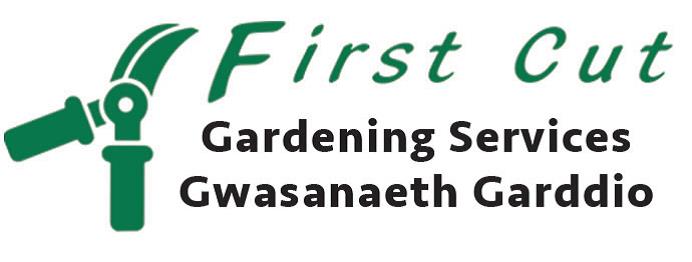Gardening Services in Rowen

Your local Gardener in Rowen
For your gardening needs please use the Free Estimates form you will find it here and I will get back to you.
We offer the following gardening services as follows:
- Grass Cutting
- Hedge Cutting
- Tree Surgery & General Tree Service
- Cut and Clear Overgrown Garden
- Winter Pruning, Reduction of Shrubs, Bushes & Hedges
- Removing Plants
- Planting Spring Beds & Borders
- Maintaining Beds & Borders
- Weed Suppression & Low Maintenance Landscaping
If you would like to leave a message about your gardening needs you can contact me here
You can also contact me by email. as I respond to all emails every evening
Email: firstcut.grasscuttingservice@gmail.com
Rowen is a village on the western slopes of the Conwy valley in the parish of Caerhun and the former County of Caernarvonshire in Wales. It lies off the B5106 road, between Tal y Bont and The Groes Inn. Buildings of Gwynedd 2009 refers to the River Roe probably following the Roman route from Caerhun to Abergwyngregyn. Rowen has won tidiest village awards several times.
In recent times the name of the village has been variously spelled as "Y Wy-Wen" (white river), "Rowen", "Ro-wen" "Roe Wen" and "Roewen". Although the Religious Census of 1851 records the name "Ro-wen", most early 20th-century maps simply use the name "Y Ro", Welsh for "gravel" or "pebbles". Wen means "white", or could mean "holy".
The Afon Roe, a tributary of the River Conwy, flows through the village. A tributary of Afon Roe is Afon Tafolog, which drains the eastern slopes of Drum, a mountain in the Carneddau mountains.
In the book Crwydro Arfon (1959, by Alun Llewelyn-Williams), Rowen is described as "...one of the loveliest villages in Wales"
The village has a hotel, Tir y Coed; a pub, Y Tŷ Gwyn; and a memorial hall, but the small primary school closed in 2011. There is a youth hostel on the slope a mile to the west of the village. Social housing came to the village in the 1960s - Llanerch Estate.
In the past, the village had a greater significance; it had three mills, and several ale houses and inns. It also had a pandy or fulling mill, so woollen cloth must have been made nearby. The village is identified in the Caerhun common enclosure award maps. The award map refers to the creation of the White Hart Road on the mountain above Fotty Gwyn and the Roman bridge, possibly related to the old royal mail coaching days. There are past associations with cattle droving and fairs. Bulkley Mill (completed 1684) is one of the notable old mills of the village. One historic source refers to a mountain cloudburst happening above the village, with properties being lost (probably in the mid-1800s).
Nearby is the Roman road route through Bwlch-y-Ddeufaen, with its cromlech Maen-y-Bardd.


